Home>Garden Essentials>What Poison Do Apple Seeds Contain
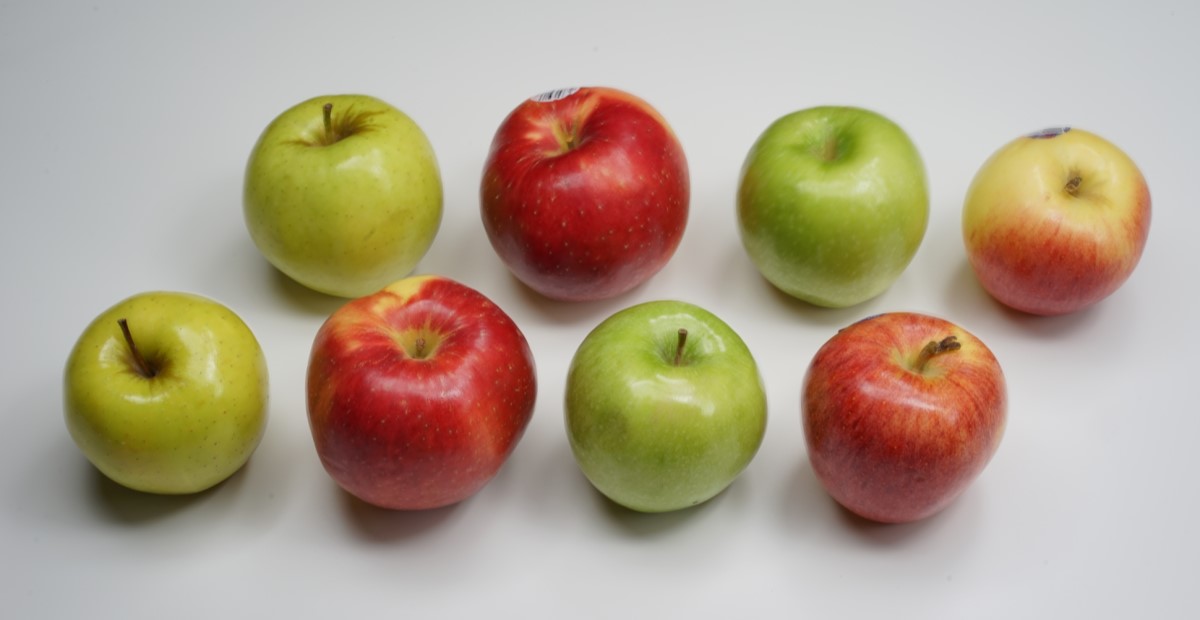

Garden Essentials
What Poison Do Apple Seeds Contain
Modified: September 1, 2024
Discover the hidden danger in your garden with our guide: What Poison Do Apple Seeds Contain? Protect your family from potential harm.
(Many of the links in this article redirect to a specific reviewed product. Your purchase of these products through affiliate links helps to generate commission for Storables.com, at no extra cost. Learn more)
Introduction
Welcome to the world of gardening, where nature’s beauty thrives in our backyards. Whether you’re a seasoned gardener or just starting out, understanding the intricacies of plants and their various components is essential. Today, we delve into the intriguing world of apple seeds and explore the fascinating topic of their composition and toxicity.
Apples are a beloved fruit, treasured for their sweet and crisp taste. When we bite into an apple, we usually discard the seeds without a second thought. But have you ever wondered what lies within these seemingly inconspicuous seeds?
Apple seeds, technically called pips, are small, brown, and often overlooked. However, they contain a blend of compounds that make them unique and potentially hazardous if ingested in large quantities.
In this article, we will uncover the truth about the composition of apple seeds and shed light on the toxicity they possess. We will also discuss the dangers of consuming apple seeds, the symptoms of apple seed poisoning, and the necessary steps for treatment and prevention.
It’s important to note that while apple seeds do contain toxic elements, the risk of poisoning is low when consumed in moderation. However, it is always better to be informed and take precautions to ensure our well-being and the safety of those around us.
So, let’s embark on this enlightening journey and dig deeper into the secrets that lie within the humble apple seed!
Key Takeaways:
- Beware of apple seeds! They contain a compound that can release cyanide in the body. Avoid eating large quantities and keep them away from kids and pets.
- If you accidentally swallow a few apple seeds, don’t worry. Just dispose of them properly and enjoy the delicious flesh of the apple. Keep seeds out of reach of children and pets.
Read more: What In Apple Seeds Are Poisonous
Apple Seeds: Composition and Toxicity
Apple seeds may be small, but they pack a powerful punch when it comes to their composition and toxic properties. These tiny seeds contain a mixture of compounds, most notably amygdalin, which is a form of cyanide.
Cyanide is a naturally occurring toxic substance that can be found in various plants, including apple seeds. It is important to understand that the cyanide content in apple seeds is relatively low and generally not harmful when consumed in small quantities. However, it is crucial to exercise caution and refrain from ingesting a large number of apple seeds.
Amygdalin, the compound found in apple seeds, is a cyanogenic glycoside. When ingested, it is broken down by enzymes in the body, releasing hydrogen cyanide. This cyanide gas can interfere with the body’s ability to carry oxygen to vital organs, posing potential health risks.
It’s worth noting that the apple flesh itself does not contain amygdalin in significant amounts and is generally safe for consumption. The amygdalin is predominantly concentrated in the seeds and protective coating around them.
While apple seeds can be toxic, it is important to keep their toxicity in perspective. The average apple contains approximately 5-10 seeds, each containing a small amount of amygdalin. Ingesting a few seeds accidentally is unlikely to cause harm. However, consuming a large number of seeds, such as intentionally chewing and swallowing a handful, can lead to higher cyanide levels and pose a risk.
It is crucial to keep apple seeds away from young children and pets, as their size and attractiveness can make them appealing to curious individuals. Always remember to discard the seeds properly and store apples in a safe place to prevent accidental ingestion.
Now that we understand the composition and potential toxicity of apple seeds, let’s explore the dangers associated with ingesting them and the symptoms of apple seed poisoning.
Cyanide Content in Apple Seeds
Cyanide, a potent toxin, is present in small amounts in apple seeds due to the compound amygdalin. While the cyanide content in apple seeds is relatively low, it is still important to be aware of the potential risks.
The exact cyanide content in apple seeds can vary depending on factors such as the variety of apple and the growing conditions. However, studies have shown that on average, apple seeds contain about 0.6-3.0 milligrams of cyanide per gram of seed. To put this into perspective, you would need to ingest a significant amount of seeds, estimated to be a few hundred, to reach a potentially harmful dose of cyanide.
It is crucial to understand that the human body has natural mechanisms to detoxify small amounts of cyanide. This means that accidentally ingesting a few apple seeds is unlikely to cause immediate harm. However, consuming a large quantity of seeds or repeatedly ingesting them could result in toxic effects.
It’s important to note that the cyanide content in apple seeds can vary between different apple varieties. Some varieties may have higher levels of amygdalin and cyanide, while others may have lower levels. This is why it is always wise to exercise caution and avoid consuming large quantities of apple seeds from any variety.
If you have concerns about the cyanide content in apple seeds or have ingested a significant number of seeds, it is essential to seek medical attention promptly. Medical professionals can assess the situation and provide appropriate guidance based on individual circumstances.
Now that we have explored the cyanide content in apple seeds, it’s time to delve into the potential dangers associated with ingesting these seeds and the symptoms of apple seed poisoning.
Dangers of Ingesting Apple Seeds
While apple seeds may seem harmless and insignificant, ingesting them can pose potential dangers due to their cyanide content. Cyanide, even in small amounts, can have detrimental effects on the body.
One of the primary dangers of ingesting apple seeds is the potential for cyanide poisoning. When consumed in large quantities, the amygdalin present in the seeds can release cyanide gas in the body. Cyanide interferes with the body’s ability to utilize oxygen, which can lead to anoxia, a condition characterized by oxygen deprivation in the tissues.
The symptoms and severity of cyanide poisoning vary depending on the amount ingested. Mild cases may cause symptoms such as headache, dizziness, and confusion. In more severe cases, symptoms can include difficulty breathing, rapid heart rate, seizures, and even loss of consciousness. However, it is worth emphasizing that severe cases of cyanide poisoning from apple seed ingestion are rare.
It is crucial to exercise caution with apple seeds, especially when it comes to children and pets. Children, in particular, may be more susceptible to the effects of cyanide due to their smaller body size. Accidental ingestion of a few seeds is unlikely to cause harm, but it is essential to keep seeds out of reach and properly dispose of them.
In addition to the potential for cyanide poisoning, ingesting a large number of apple seeds can also cause mechanical problems in the digestive system. The seeds are hard and can create blockages or obstructions, particularly in the intestines, if consumed in large quantities. This can lead to abdominal pain, nausea, vomiting, and even require medical intervention.
It is important to be aware of the dangers associated with ingesting apple seeds and take precautions to prevent accidental ingestion. By doing so, we can ensure the safety and well-being of ourselves, our loved ones, and our furry four-legged friends.
Now that we understand the potential dangers of ingesting apple seeds, let’s take a closer look at the symptoms associated with apple seed poisoning.
Apple seeds contain a compound called amygdalin, which can release cyanide when metabolized. It’s best to avoid consuming large amounts of apple seeds to prevent any potential poisoning.
Symptoms of Apple Seed Poisoning
Apple seed poisoning, also known as cyanide poisoning, can cause a range of symptoms depending on the amount of seeds ingested and the individual’s sensitivity to cyanide. It’s essential to be aware of these symptoms to seek prompt medical attention if necessary.
1. Digestive Distress: Ingesting a significant amount of apple seeds can lead to digestive issues such as abdominal pain, nausea, vomiting, and diarrhea. These symptoms may occur due to the mechanical irritation caused by the hard seeds or the toxic effects of cyanide.
2. Headache and Dizziness: A common early symptom of apple seed poisoning is a headache, often accompanied by dizziness. These symptoms may be mild initially but can worsen with a higher intake of seeds.
3. Rapid Heart Rate: Cyanide can interfere with the normal functioning of the cardiovascular system. In cases of apple seed poisoning, an increased heart rate or palpitations may occur as the body tries to compensate for the oxygen deprivation caused by cyanide.
4. Respiratory Problems: Cyanide can affect the body’s ability to utilize oxygen, leading to respiratory difficulties. Symptoms may include shortness of breath, difficulty breathing, and chest pain, which may worsen with increased seed consumption.
5. Mental Confusion: In severe cases of apple seed poisoning, individuals may experience mental confusion, decreased consciousness, or even loss of consciousness. These symptoms occur as a result of the brain’s inability to receive sufficient oxygen.
It’s important to keep in mind that these symptoms are generally associated with the excessive ingestion of apple seeds. Accidentally swallowing a few seeds is unlikely to cause immediate harm or severe symptoms. However, if someone experiences any of these symptoms after consuming a large number of apple seeds, medical attention should be sought immediately.
Remember, prevention is always better than cure. Keep apple seeds away from children and pets, and properly dispose of them to minimize the risk of accidental ingestion.
Now that we are acquainted with the symptoms of apple seed poisoning, let’s explore the treatment options for this condition.
Read more: When Do You Plant Apple Seeds
Treatment for Apple Seed Poisoning
If someone has ingested a significant amount of apple seeds and is experiencing symptoms of apple seed poisoning, it is important to seek immediate medical attention. Time is of the essence in ensuring appropriate treatment and minimizing potential complications.
When seeking medical help, it’s essential to provide accurate information about the quantity of seeds ingested and any symptoms experienced. This information will assist healthcare providers in determining the appropriate course of action.
The treatment for apple seed poisoning primarily focuses on supportive care and minimizing the effects of cyanide toxicity. The following steps may be taken in the management of apple seed poisoning:
1. Stabilization: The first step in treatment is to stabilize the individual’s condition. This may involve ensuring a clear airway, administering oxygen if necessary, and monitoring vital signs, such as heart rate, blood pressure, and oxygen saturation levels.
2. Activated Charcoal: In some cases, healthcare providers may administer activated charcoal to absorb any remaining toxins in the gastrointestinal tract. Activated charcoal acts as a detoxifying agent and can help prevent further absorption of cyanide into the bloodstream.
3. Oxygen Therapy: For individuals experiencing respiratory difficulties, supplemental oxygen may be provided to ensure proper oxygenation of tissues and organs.
4. Intravenous Fluids: In severe cases, intravenous fluids may be administered to maintain hydration and correct any imbalances caused by the poisoning. This helps support overall organ function and aids in the elimination of toxins from the body.
5. Monitoring and Observation: Individuals with apple seed poisoning may require close monitoring and observation to assess their response to treatment and ensure any complications are promptly addressed.
It is essential to note that treatment for apple seed poisoning is primarily focused on managing symptoms and supporting the body’s natural detoxification processes. Medical professionals will tailor the treatment plan based on the individual’s condition and the severity of the poisoning.
Prevention is the best approach to avoid the need for treatment. Always ensure apple seeds are disposed of properly, especially when there are children or pets present. By practicing caution, we can prevent apple seed poisoning and ensure the safety of ourselves and our loved ones.
With the knowledge of treatment options for apple seed poisoning, let’s move on to discussing prevention and safety measures.
Prevention and Safety Measures
Preventing apple seed poisoning is crucial to ensure the well-being of yourself, your family, and your pets. By taking a few simple precautions, you can significantly reduce the risk of accidental ingestion and the potential dangers associated with apple seed toxicity.
1. Proper Disposal: When consuming apples, always remember to properly dispose of the seeds. Avoid leaving them within the reach of children or pets. Seal them in a secure container or wrap them in a tissue before discarding them in a waste bin.
2. Education: Teach children about the potential dangers of apple seeds and the importance of not consuming them. Make sure they understand that the seeds should be discarded and not treated as food.
3. Storage: When storing apples, keep them in a safe place where children and pets cannot access them. If possible, choose varieties that have fewer seeds, reducing the chances of accidental ingestion.
4. Alternative Disposal Methods: If you prefer not to dispose of apple seeds, you can consider alternative uses such as composting or planting them to grow apple trees. However, exercise caution and ensure they are kept away from children or animals during the planting process.
5. Supervision: When consuming apples with children or pets, always supervise them to ensure they only eat the flesh of the fruit and not the seeds. Keep a watchful eye to prevent accidental ingestion.
6. Proper Hygiene: After handling apple seeds, wash your hands thoroughly with soap and water. This helps remove any potential residue and reduces the risk of unintentional transfer to the mouth or other surfaces.
By implementing these prevention and safety measures, you can significantly reduce the risk of apple seed poisoning and promote a safe environment for everyone. It’s important to remember that while apple seeds may contain toxins, the risk of poisoning is relatively low when consumed in moderation.
Now that we’ve explored the importance of prevention and safety, let’s summarize the key points we have covered in this article.
Conclusion
In conclusion, apple seeds possess a unique composition and potential toxicity due to the presence of cyanide. While the cyanide content in apple seeds is relatively low, it is essential to exercise caution and avoid consuming large quantities of seeds.
Apple seeds contain amygdalin, a compound that can release cyanide when broken down in the body. The effects of cyanide toxicity can range from mild symptoms such as headache and digestive distress to more severe complications in rare cases.
It is important to understand that accidental ingestion of a few apple seeds is unlikely to cause immediate harm. However, intentional consumption of a large number of seeds or repeated ingestion can lead to increased cyanide levels and pose potential risks.
To prevent apple seed poisoning, proper disposal of the seeds is vital. Keep them out of reach of children and pets, and store apples in a secure place. Educate children about the dangers of apple seeds and supervise them during apple consumption.
If apple seed poisoning is suspected, prompt medical attention should be sought. Treatment primarily focuses on supportive care, such as stabilizing the individual’s condition, administering activated charcoal, and providing oxygen therapy if necessary.
By implementing prevention and safety measures, we can create a safe environment and minimize the risk of apple seed poisoning. Dispose of apple seeds properly, wash hands after handling them, and educate others about the potential dangers.
Remember, the enjoyment of apples can still be savored without the risk of apple seed poisoning. Focus on the delicious and nutritious flesh of the fruit and appreciate the beauty of nature rather than the seeds within.
So, the next time you bite into a juicy apple, relish its natural sweetness, but be mindful of the tiny, potentially hazardous seeds concealed within.
Happy gardening and safe apple consumption!
Frequently Asked Questions about What Poison Do Apple Seeds Contain
Was this page helpful?
At Storables.com, we guarantee accurate and reliable information. Our content, validated by Expert Board Contributors, is crafted following stringent Editorial Policies. We're committed to providing you with well-researched, expert-backed insights for all your informational needs.
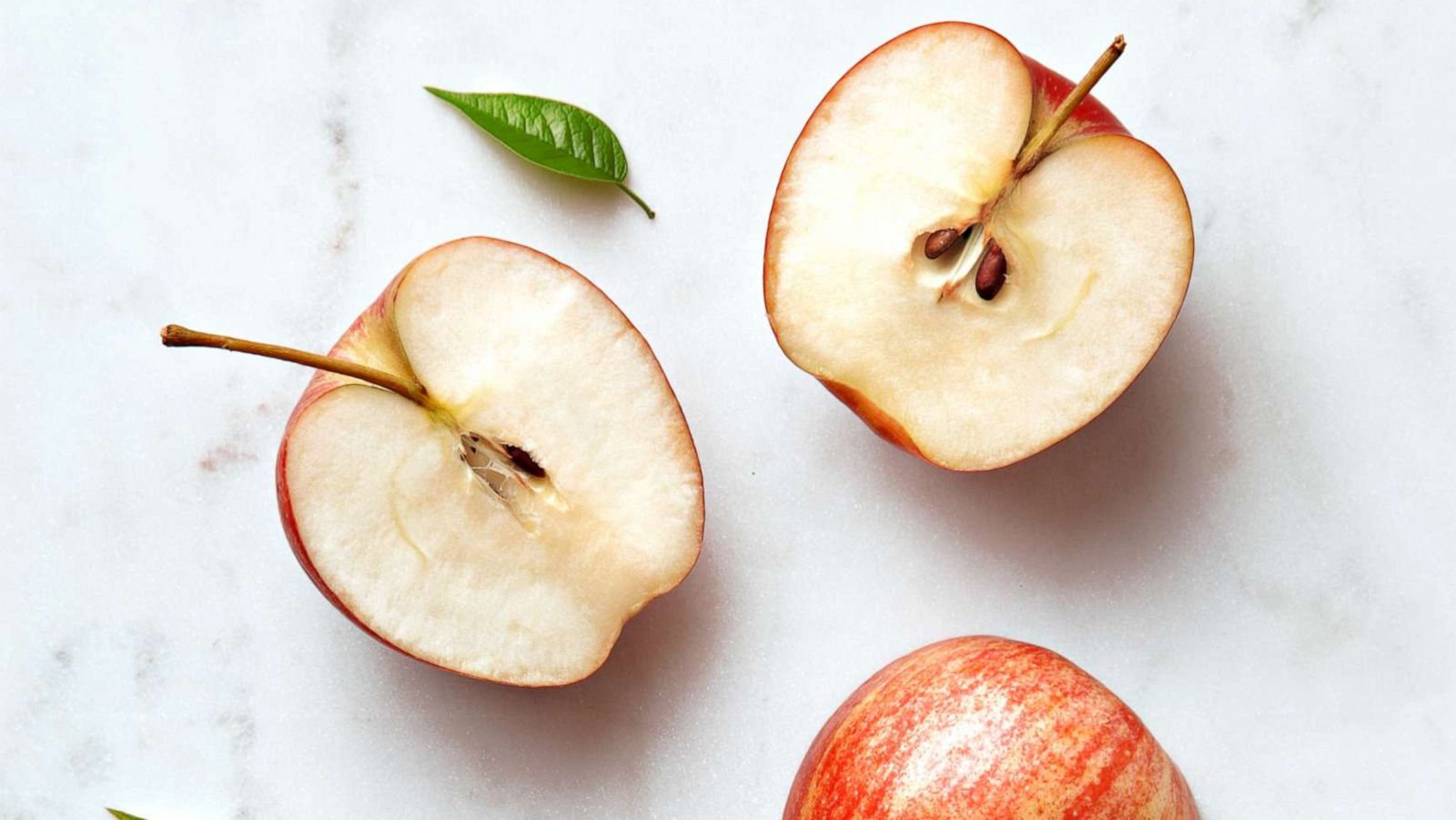
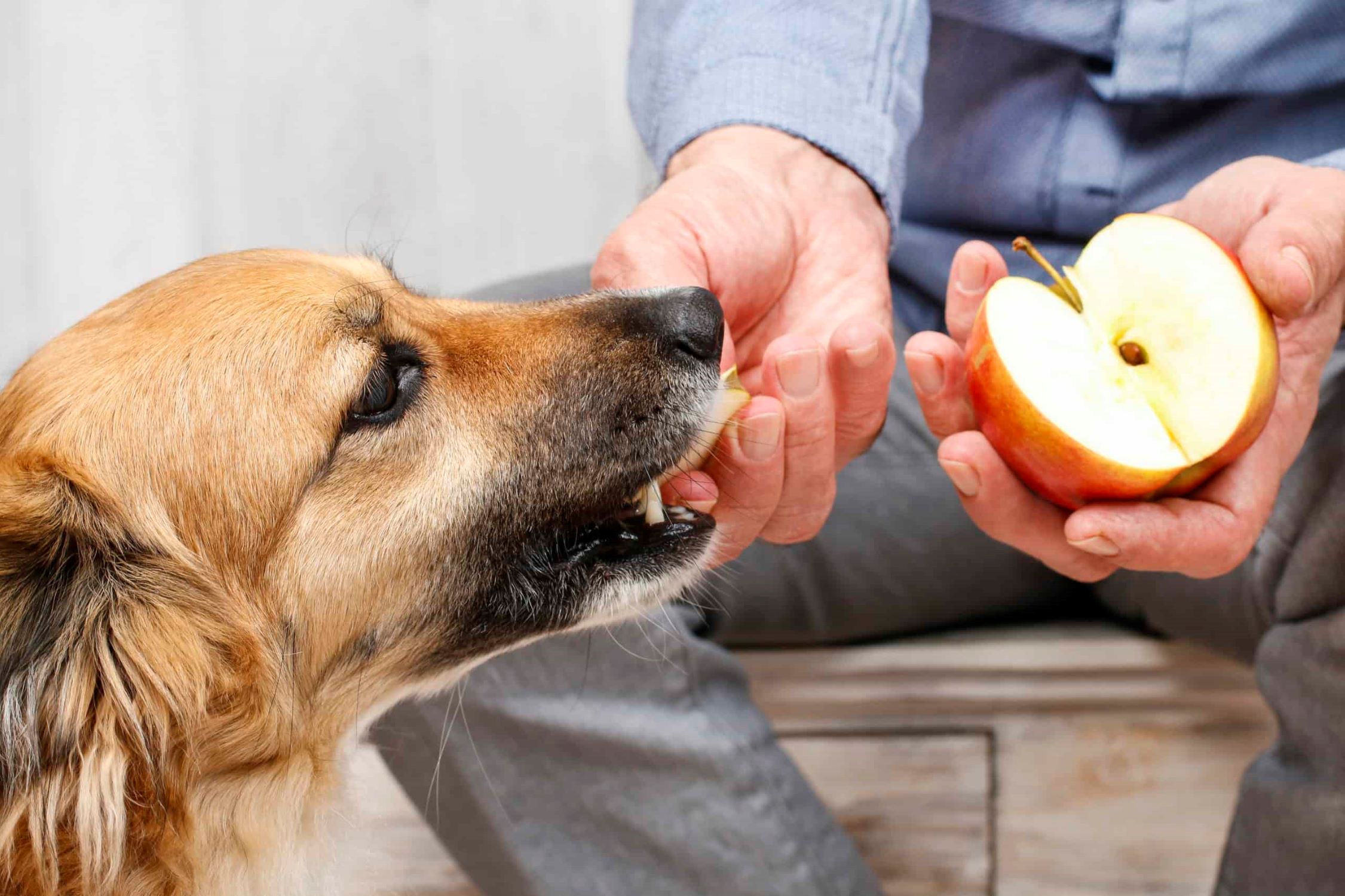
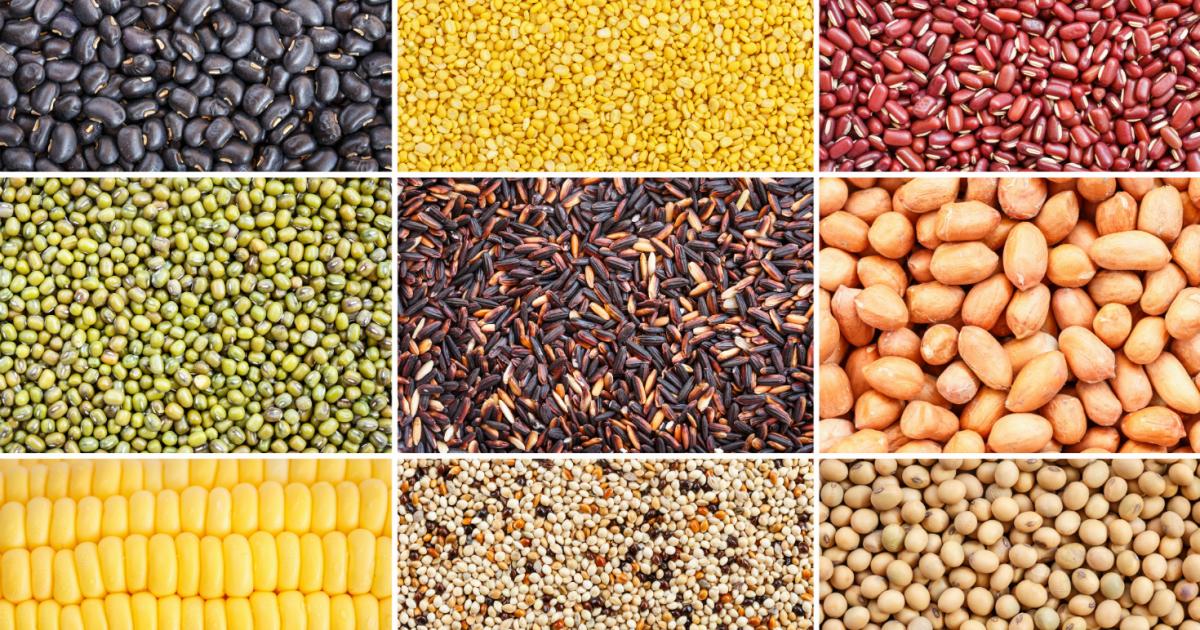
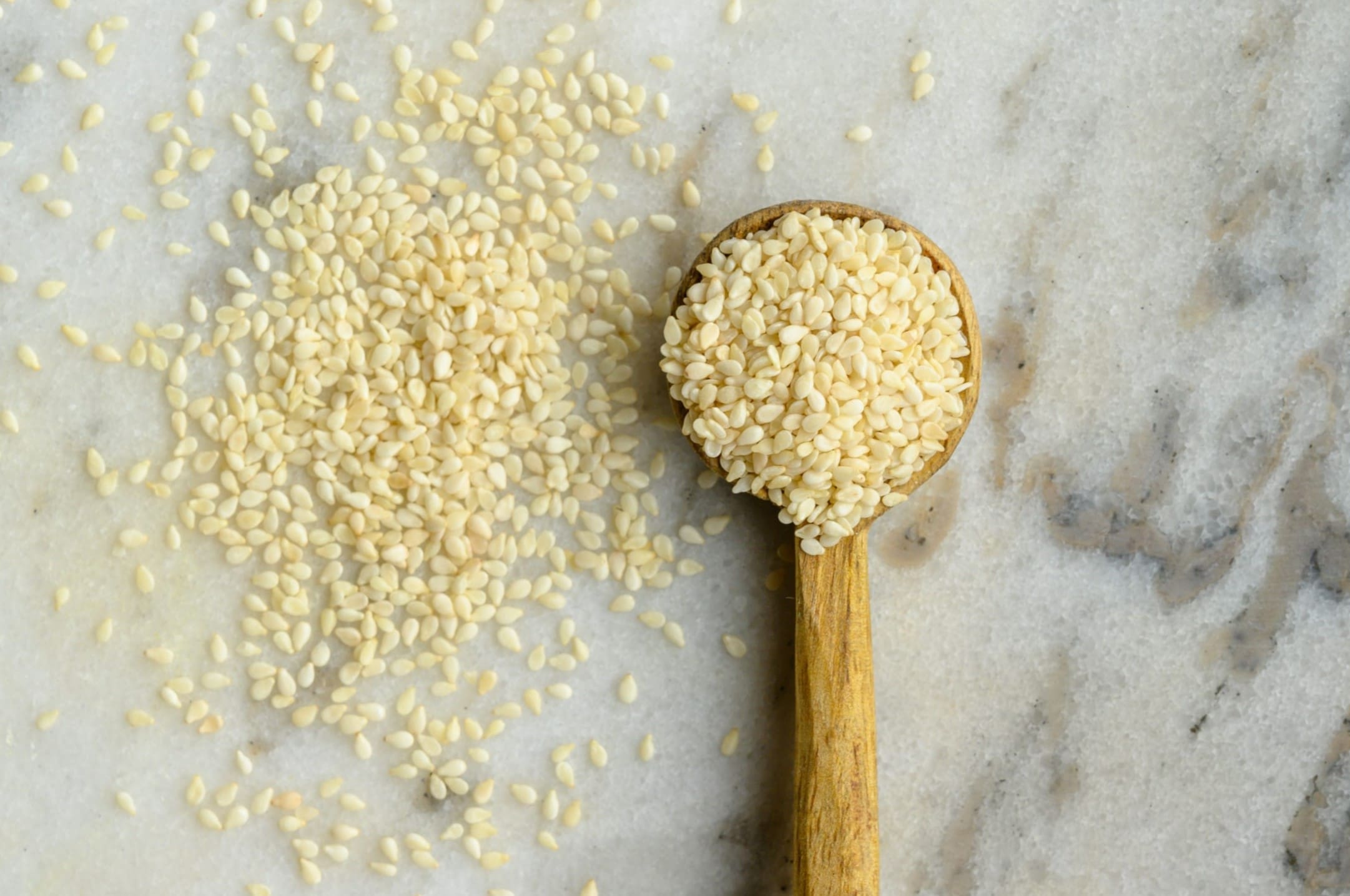
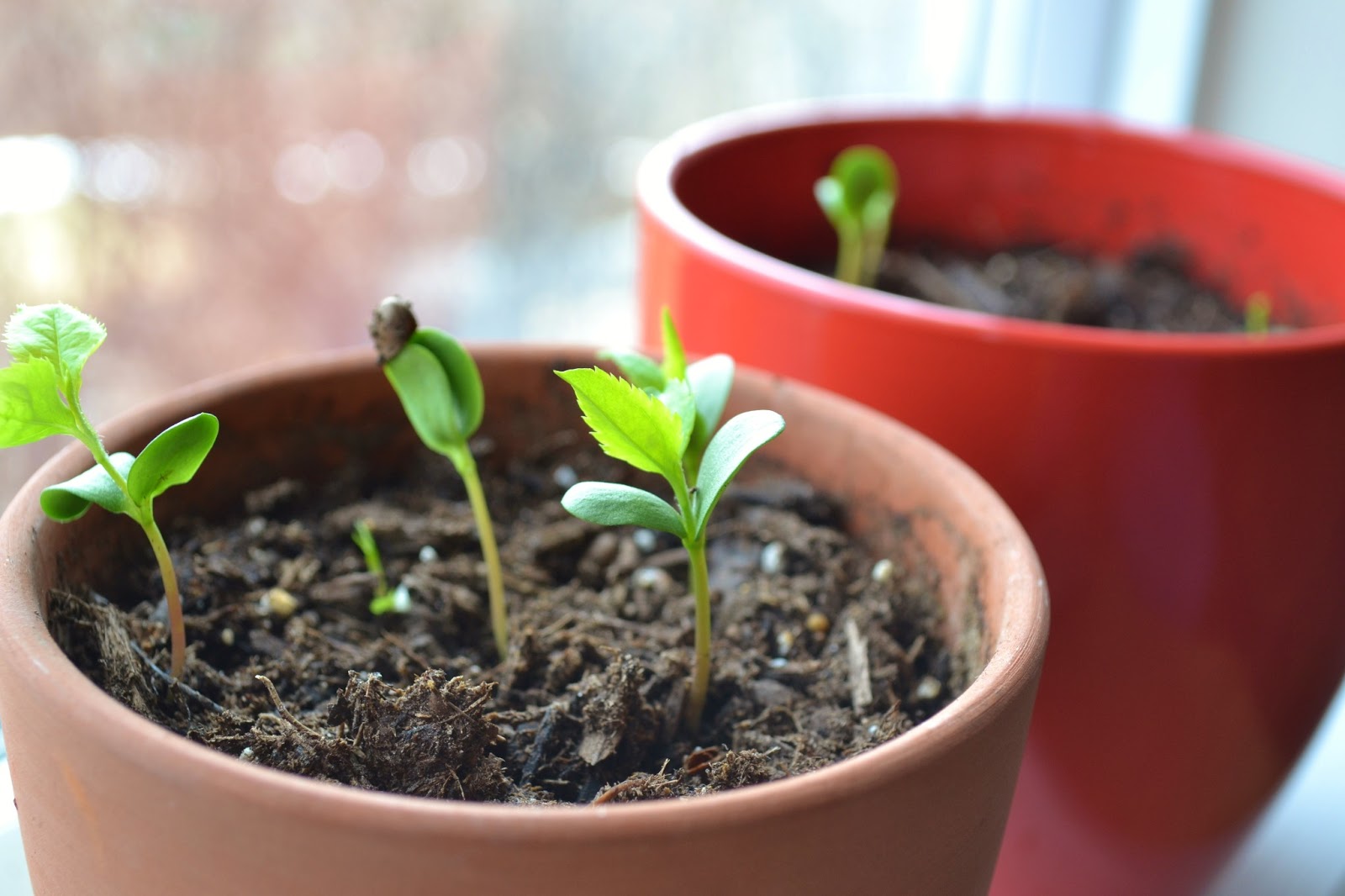
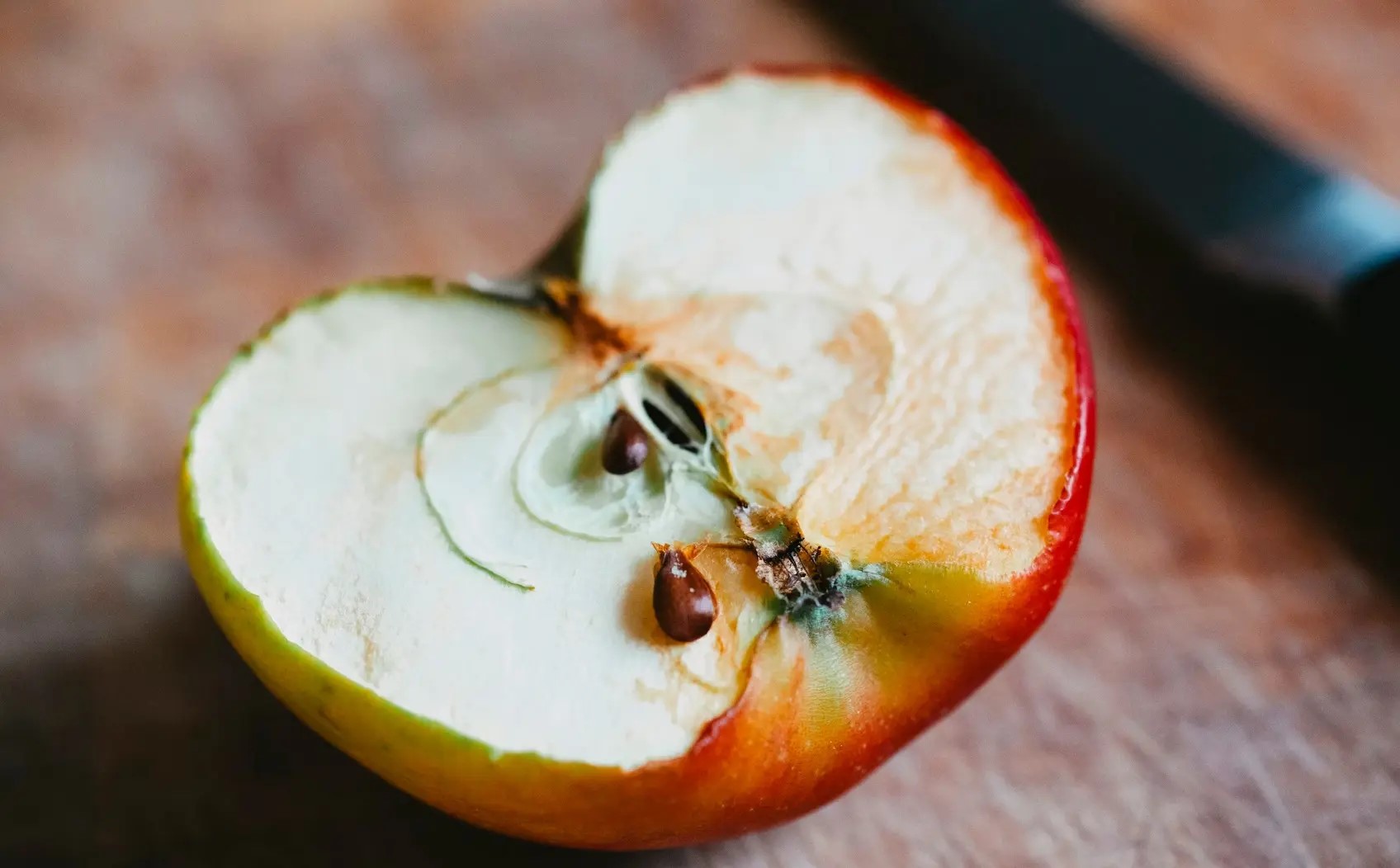
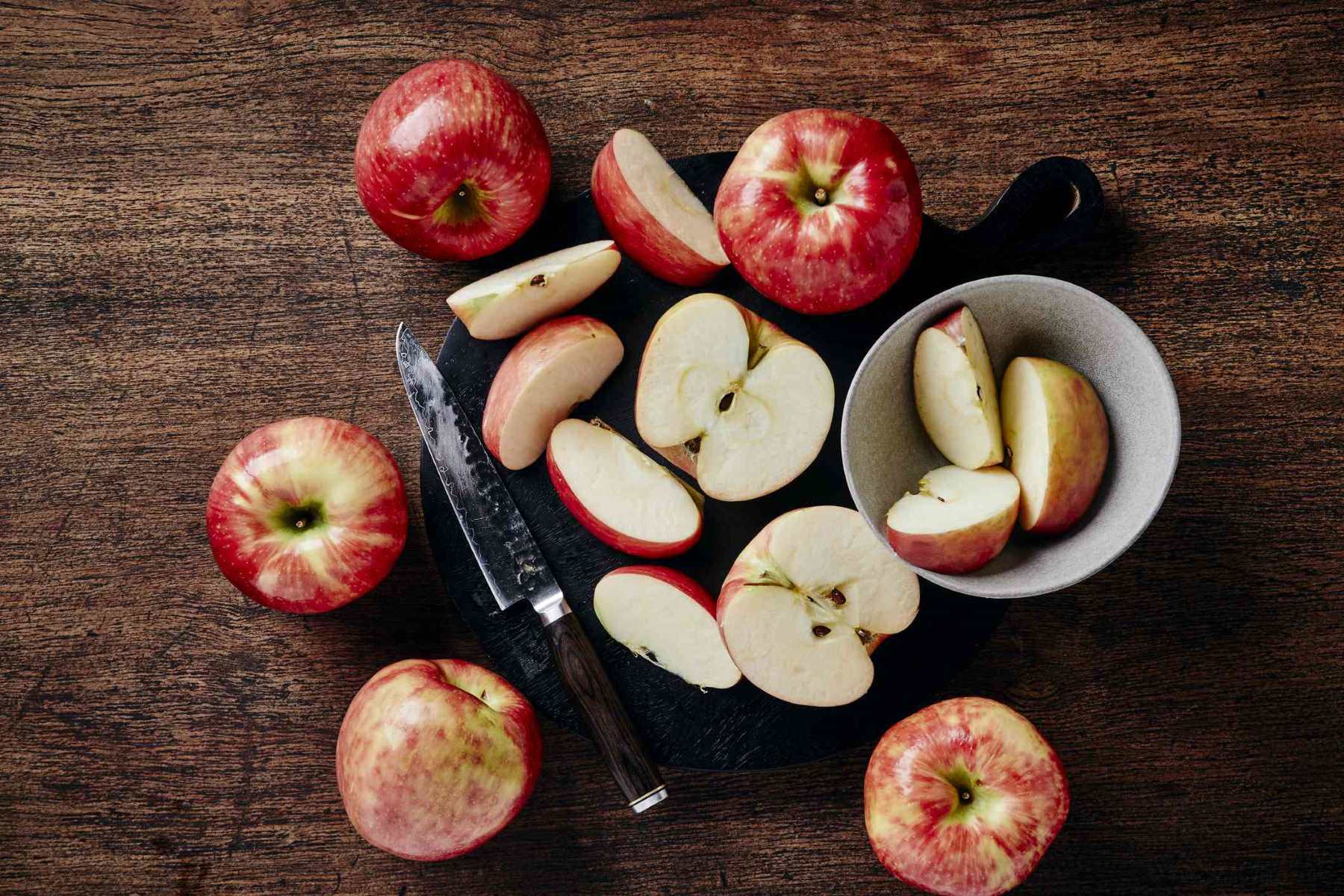
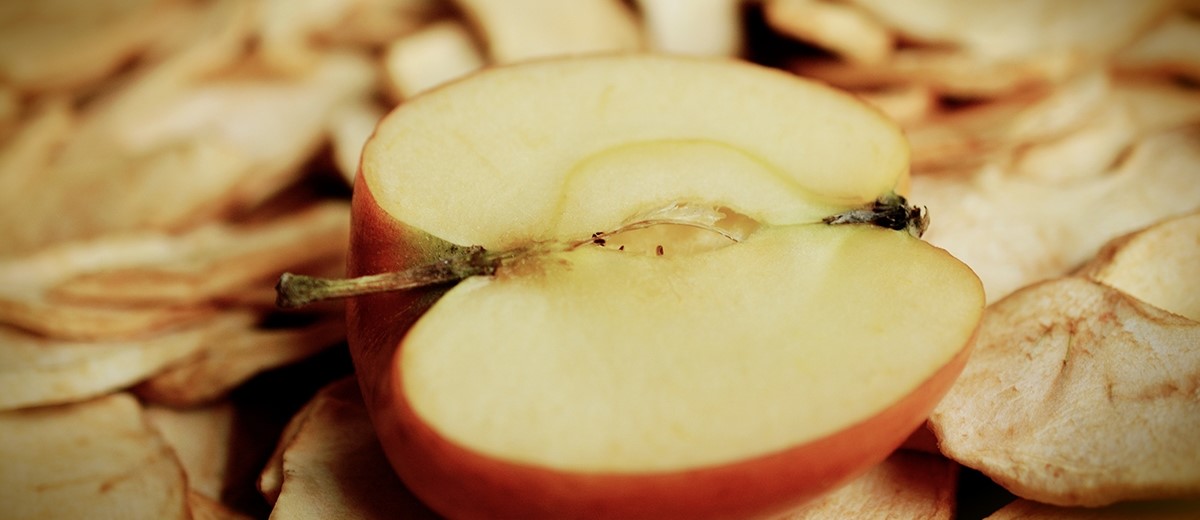
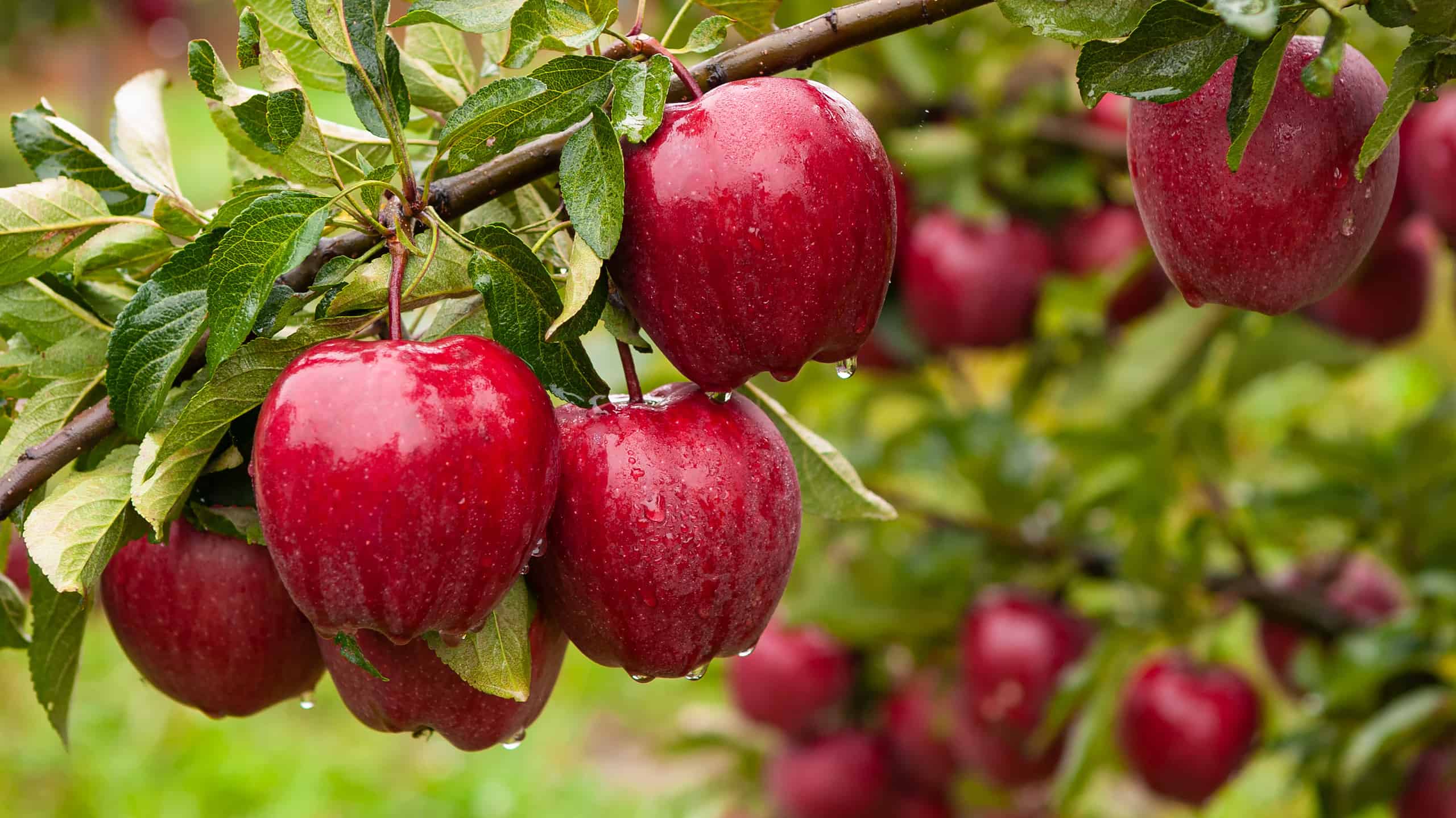


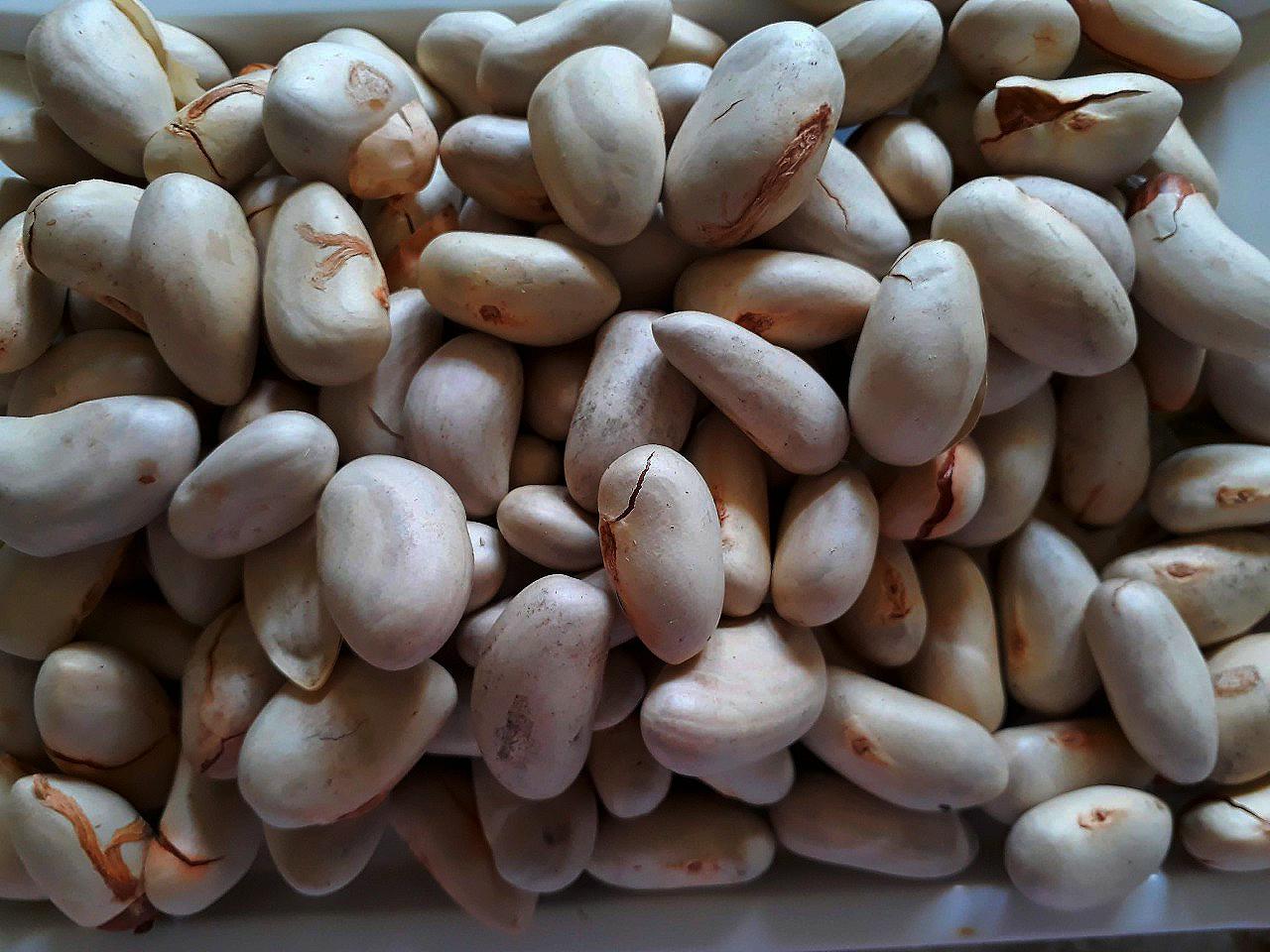
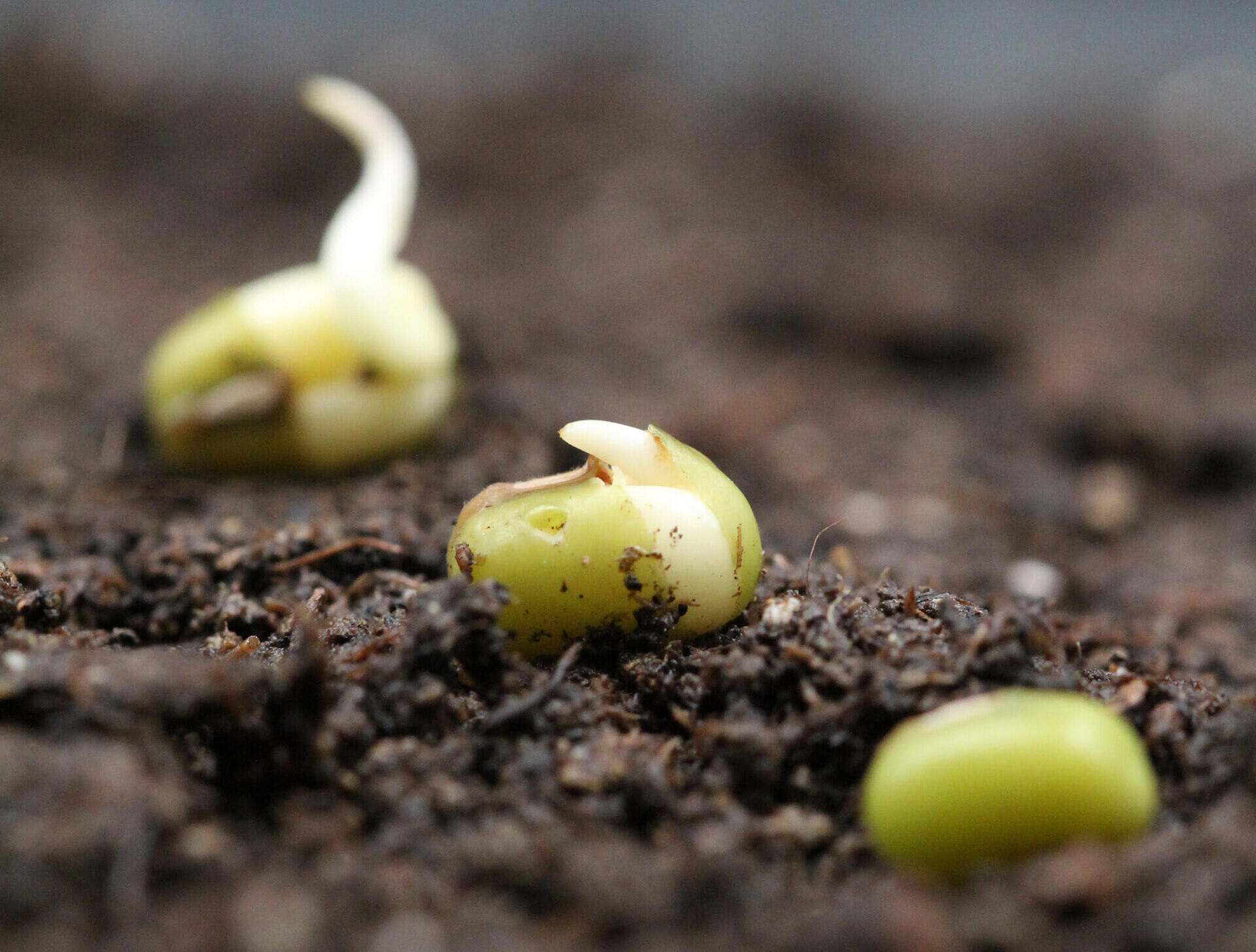
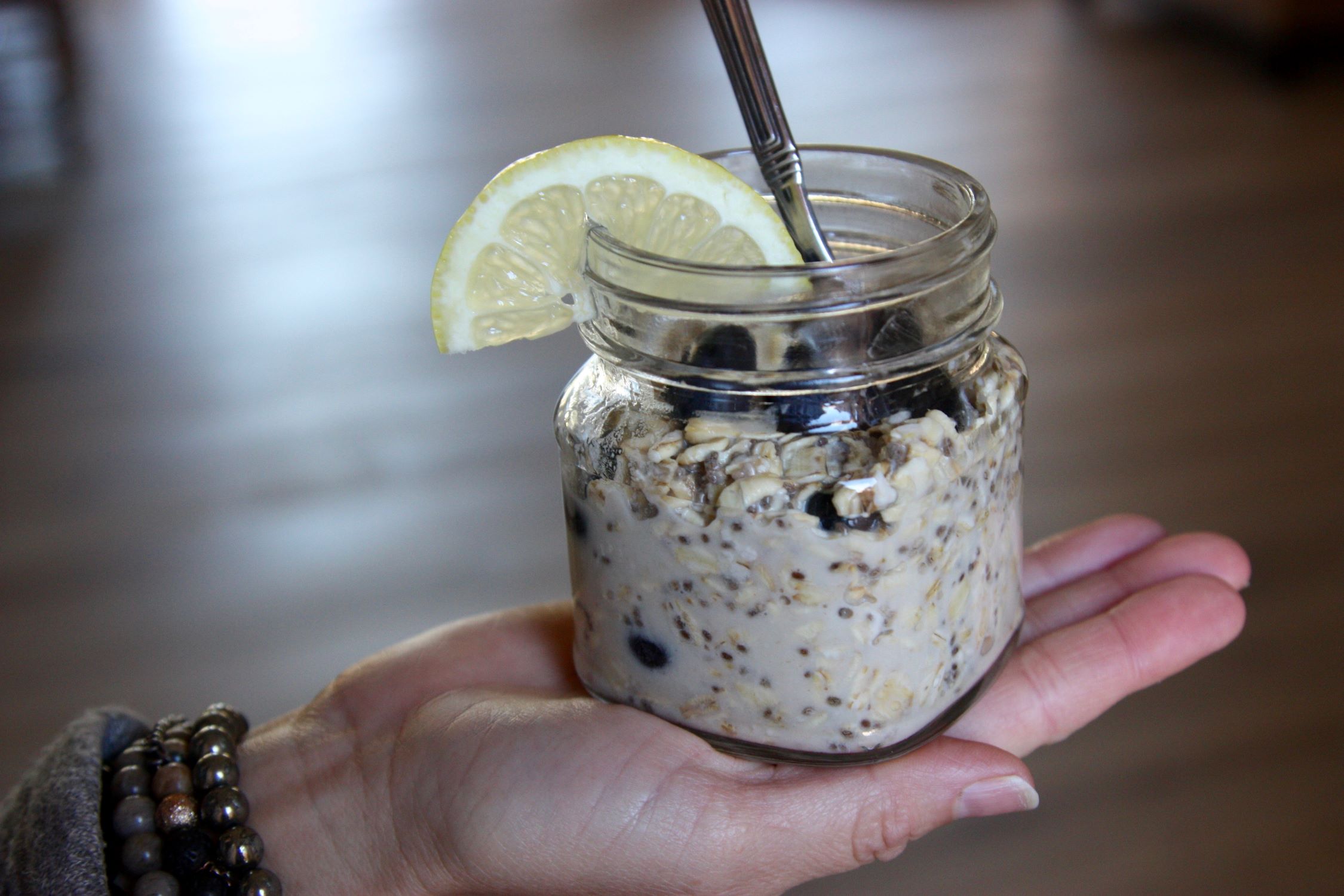

0 thoughts on “What Poison Do Apple Seeds Contain”